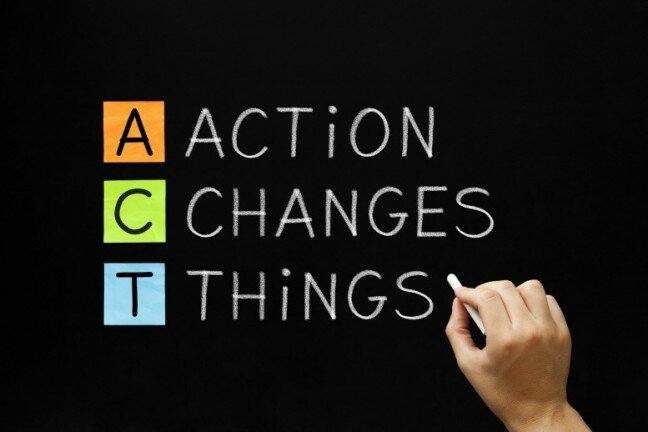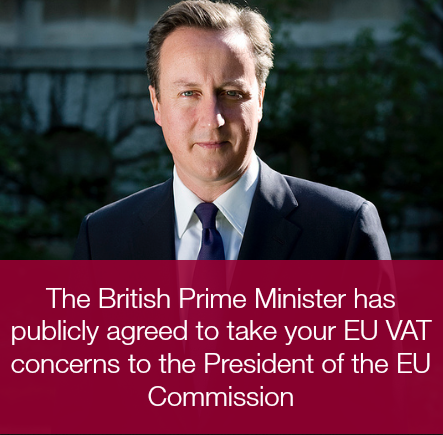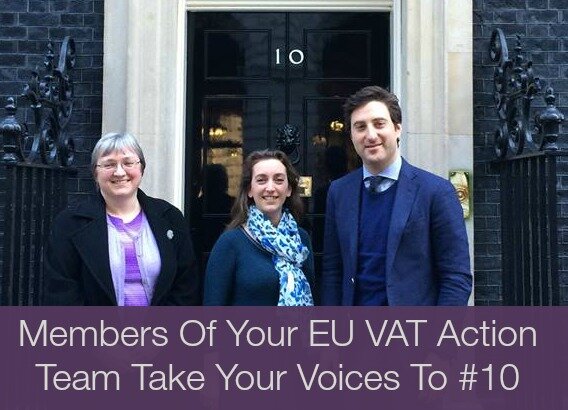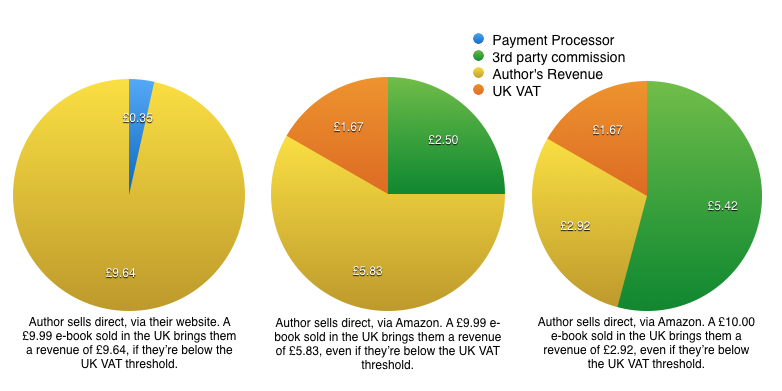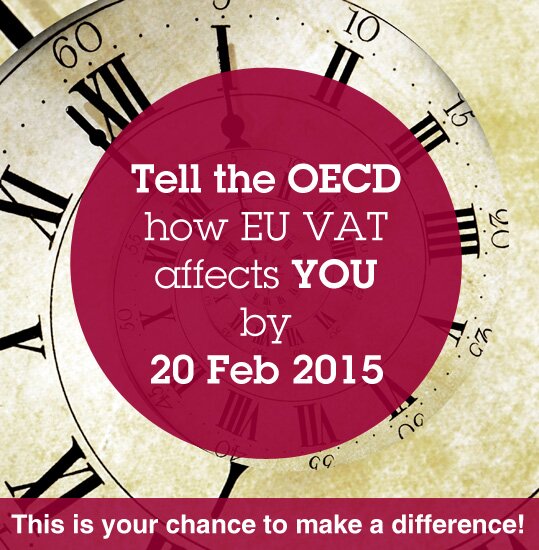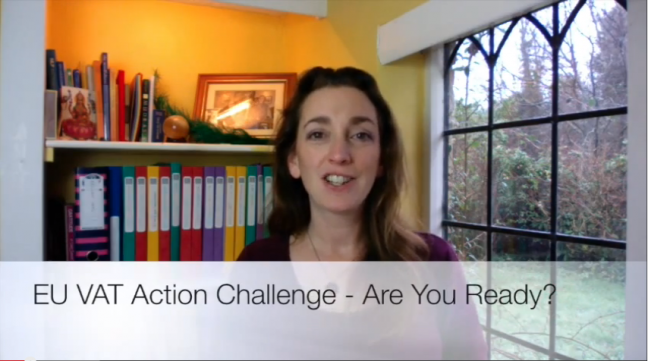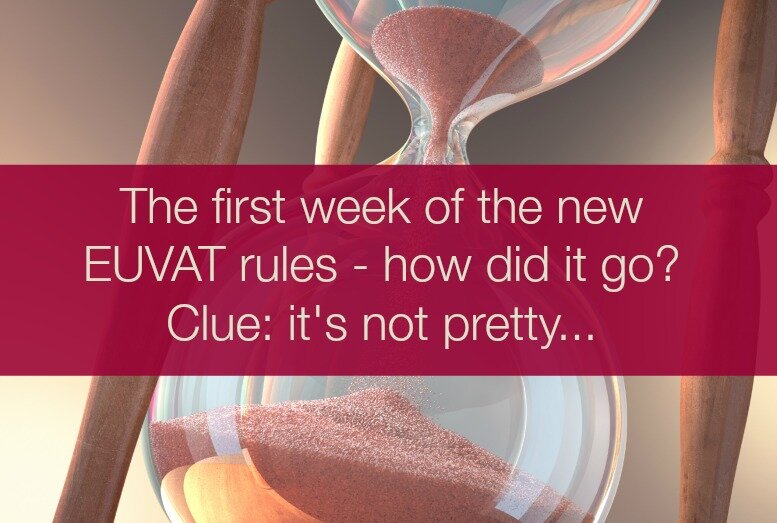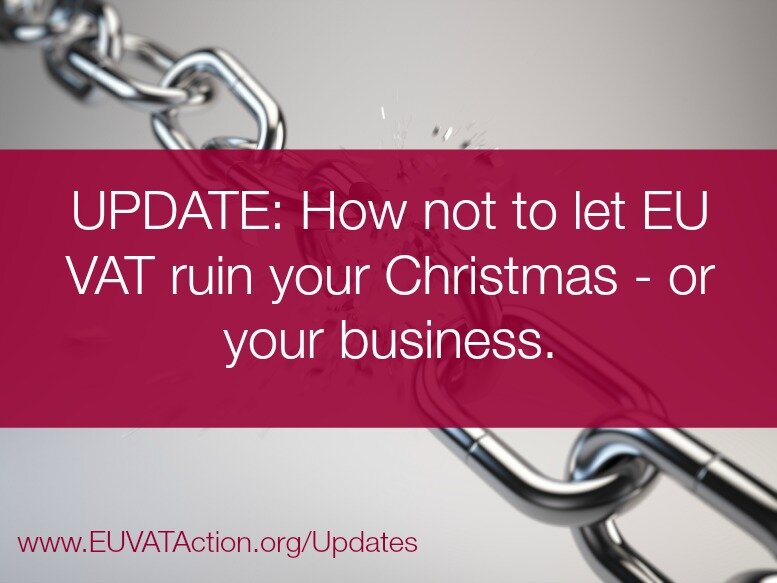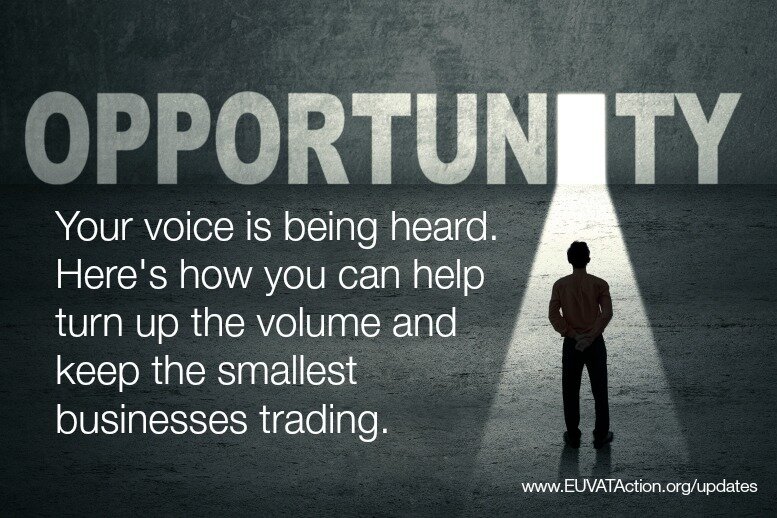This is an update on a UK meeting on December 19th, but it is still hugely relevant to those of you outside of the UK. The changes we need will have to happen at an EU-wide level, with each individual country asking Pierre Moscovici for legislative change. All of the questions, issues and actions discussed yesterday apply to each EU member state. The UK’s high VAT threshold makes us unpopular in the EU when we ask for thresholds, so our government urgently needs the support of other Member States, confirming that the issues we are raising are an EU-wide problem. All of the action points are EU-wide, even if yesterday’s discussions were in the UK. So PLEASE read through this update and then take inspired action. Each one of us is making a difference!
Caroline, Rosie and I were able to meet with senior representatives from HMRC and HM Treasury on your behalf on Friday (19th December). Mike Cunningham (Senior Policy Adviser HMT who attends the EU Fiscal Attaches meetings) was asked to meet with us by David Gauke MP, Treasury Secretary, (David wrote to us to confirm this) and Andrew Webb, HMRC, has the remit for the UK implementation of the VAT-MOSS regulations. So these are two of the key decision-makers and action-takers.
It was a positive and constructive meeting and we can assure you that HMRC and HM Treasury DO now understand the specific challenges that implementing the new EU VAT legislation is causing you, where that penny perhaps hadn’t quite dropped before.
We presented to them the technical challenges you are facing, as well as the administrative burdens, along with the initial analysis of the quantitative research survey that so many of you have completed (thank you!).
Please note: these are NOT minutes from the meeting. The points below summarise for affected businesses where we understand that the key issues are up to:
We can’t reasonably collect the data for proof of place of supply
Most of the smallest businesses cannot comply with the legislation because they can’t collect the required 3 pieces of location evidence (a third is needed if the first two contradict, so we have to have systems in place to collect 3).
Our survey shows that 90%+ of businesses trading below 100,000 Euros are using PayPal, usually the basic ‘Buy Now’ buttons, and the most they will be able to get is the customer’s self-declared account address. Andrew and Mike said they had been told at another meeting recently that a manual work-around would suffice, whereby you get the address and then email the customer to check it is correct, or you use a plugin to get them to declare their country and then manually compare this, after the purchase. We explained that the administrative burden of this would be unreasonable for the sale of, say, a £2.99 PDF, and that it would make the seller look unprofessional – let alone the problems that would be caused by the low numbers of consumers who would actually respond to such an email.
They DO now understand this.
They DO now understand that PayPal only gives most of us ONE piece of data.
HM Treasury explained that the 2 pieces of data are required for audit purposes – you cannot audit one piece of data. We discussed possible ways of changing the purchase process to collect the customer’s self-declared country, in addition to the address held by the payment processor. This would create two pieces of data – to process manually – but it was unclear whether they would both be ‘self-declared’.
UDPATE: Thank you Megan for confirming that self-declared information can only be used as ONE piece of evidence, no matter how often the customer self-declares it, specifically:
“For instance, when the customer gives a billing address and later confirms that same address through self-certification, that can only be taken to constitute a single item of evidence.” EU regulations, 9.5.5, page 71: EU Explanatory notes
Note: However, it has been stated by the EU Commission that the address given to the payment processor is NOT self-declared, therefore the PayPal address could count separately from a self-declared address. We are going to try to find this in writing for you. In the meantime, please see the updated HMRC guidance notes (issued on Friday 19th December) in the section Businesses using payment service providers, which confirms that a self-declared country and the payment-processor-supplied address will suffice.
ACTION: PayPal and other payment processors DO collect all of the information needed to fulfil the audit obligation. THEY could do the audit checks on our behalf and still issue just the 2 digit country code to us, but it would be officially verified – the bit we can’t do without the data. This then meets their consumer confidentiality obligations and we meet the proof of place of supply requirements, without creating a data storage nightmare. The EU could agree that this would be sufficient, for small businesses, as evidence of place of supply, for the purpose of audit, because it has been verified. Please ask your MEP to ask Pierre Moscovici’s team to lobby PayPal and other payment processors for this. This is an EU-wide problem and any solution needs to be applied across the Union.
ACTION: Please continue to lobby your MP and MEPs to ask for an immediate, temporary exception that would allow the smallest businesses to use the customer’s self-declared address as sufficient evidence for proof of place of supply, in the absence of reasonable methods to collect 2-3 pieces of data and check it during the transaction.
We don’t know what the price is until after the sale
Unlike big businesses, most of us are running ‘static’ sales pages where the same price is displayed to all visitors.
We don’t know where the customer is based until AFTER they have completed the purchase process. So we cannot display the correct VAT-inclusive price to them.
Instead, businesses are going to have to put their prices up by a ‘fudged’ average and hope that they get more customers from Luxembourg (3%) than Hungary (27%), taking the VAT-hit themselves. This is bad enough with digitally-delivered services, where there may be a reasonable margin. But the proposed 2016 implementation for physical goods, where margins are often tight, could cripple businesses.
Even if we could decode an IP address, live, it is easy for a tech-savvy customer to fake or hide their location.
Even if businesses could ask the customer for their address before they click the ‘buy now’, most of us don’t have the technical ability to code our web pages to then display the correct VAT rate out of the 75 that the EU uses.
Also, with systems like PayPal, they add the VAT at the checkout – AFTER the customer has clicked ‘buy now’ – so you are effectively selling on a VAT-excluded price and adding VAT after the purchase decision has been made. This breaches UK (and possibly other Member State) VAT rules, whereby the consumer has to be told the full VAT-inclusive price before they make the purchase decision, and it will also lead to a massive drop-off in sales completions because consumers will be rightly angry that the price goes up at the checkout and is more than they thought they would have to pay.
UPDATE: HMRC issued revised guidance notes on Friday that include information on how to handled ‘bundles’ for place of supply. Please see the section “Bundled or multiple supplies
ACTION: Do any of you know of a plugin that may be able to detect (reliably!) which country the customer is in and so display the correct VAT-inclusive price for them?
ACTION: Write to your MEPs, explaining this to them and pointing out that, with the current technology you have, the new EU VAT rules will cause you to breach EU consumer law. Ask them to help Pierre Moscovici’s team understand this.
We can’t always apply the correct VAT rate
Some payment processing solutions / plugins allow you to allocate a VAT rate per country – PayPal is one of these. BUT there is a problem:
PayPal (and most others) only allow one VAT rate per country. In some cases you might be selling, say, an e-book and a live online programme in the same transaction. The e-book (digitally-delivered therefore VAT is the rate in the buyer’s country) is liable for the new EU VAT rules, but the live online programme isn’t, and if you’re not registered for VAT in your home country, it is zero-rated, so there are two VAT rates in one transaction. Indeed, there are two different places of supply – and hence two different countries’ VAT rates – in one transaction.
Even without a live component, with 75 VAT rates EU-wide, there’s a high chance you’ll need two in one transaction at some point.
Your payment processor’s system almost definitely won’t be able to handle this. So you cannot apply the correct VAT rate during the transaction and it becomes a manual post-purchase administrative burden.
Charging VAT to a consumer on an item that is not liable for VAT is an offence.
We don’t get any of the data until after the transaction (unless you’re up all night manually processing your checkout sales!), so it creates a disproportionate administrative burden of manually checking each transaction and then going back to a customer if the data looks incorrect, potentially refunding incorrectly-charged VAT, then analysing and storing the data to complete your VAT-MOSS return.
ACTION If this applies to your business, PLEASE tell your MP and MEP. This is a ridiculous consequence of the legislation, the administration of which is well beyond most of the smallest businesses – which will be a barrier to trade.
You can’t please each EU Member State
Our case studies indicate that each EU Member State’s interpretation of what is a ‘digitally-delivered service’ is subtly – or sometimes majorly – different. Even if you comply with your own Member State’s interpretation, you could still be prosecuted by another Member State if the interpretations differ.
Update: HMRC has confirmed, as they hinted in our December 4th meeting, that any objection from a Member State would go through THEM, and NOT direct to you, and it would be HMRC’s decision on whether to pursue a complaint. If you are compliant with the UK interpretation, then you have shown willingness to comply. Please read HMRC’s statement, further down.
The assumptions the EU used to implement the legislation without considering the impact on the smallest businesses and sole traders were fundamentally flawed
Over the past six years, we have been led to understand that the smallest sector of businesses was not considered in the Member State Impact Assessments and we were not included in Member State consultative teams, based on two assumptions:
* That most businesses sell through 3rd party platforms – our survey data indicates that it’s only 40% in the UK and a tiny 5% non-UK EU
* That most are too small to trade with the EU outside of their Member State – our survey data indicates that over 95% DO – in fact, it’s hard not to, with digital products.
ACTION: You can include this fact in your letter to your MEPs – the data shows that we were ignored, with the best of intentions, but that the fundamental assumption on which that decision was based was wrong. Therefore the unintended consequences of this legislation were missed, which is why we need an immediate suspension of the implementation for these businesses, to allow the impact to be evaluated and for reasonable solutions to be found.
The ‘platforms’ can’t fix it for us
We discussed, again, that most of the platforms only heard about the new EU VAT rules in November 2014 and will be unable to comply by January 1st. Indeed, the changes they have to make are enormous and many are not EU-based, so the creating the leverage to get them to take action has been hard.
Action: Again for our legally-minded friends: can any of you find the point in Statute that confirms (EU-level, not HMRC briefing document) that the 3rd party platform is legally responsible if the VAT is not correctly processed – i.e. that the seller is not liable if the platform isn’t ready yet and could therefore simply continue trading and let the platform worry about it?
UPDATE: At the moment we cannot find any mention in the 94 page EU explanatory notes that says the 3rd party platform is liable.
HMRC and HMT DO now understand the technical and administrative challenges you are facing. Those pennies have now dropped. This is a massive achievement.
But that doesn’t change the challenges you are facing.
The data protection issues are huge
With major companies being hacked, the risks of ‘kitchen table’ businesses and micro businesses storing this level of customer data, for ten years, are huge.
Europe risks becoming a ‘digital desert’
We are hearing DAILY of e-publishers and other businesses located outside of the EU officially stating that they will no longer trade digitally with the EU, as a result of this legislation. Even Google is banning those in the EU from charging for the ‘help-out’ services.
We are hearing of companies already relocating to be outside of the EU, to avoid what they see as the crippling impractical consequences of this legislation.
For EU consumers, this means massively reduced choice and higher prices.
Question: Why were ‘Digital Services’ excluded from the existing EU Distance Selling Thresholds?
The EU has it within its power to pass emergency legislation that would allow the existing, agreed, long-standing EU Distance Selling Thresholds to be applied to the digital services under this legislation – from January 1st 2015.
This would allow tens of thousands of the smallest businesses to keep trading.
At the moment they face a stark choice. Most cannot possibly comply, for the reasons given above. They either trade illegally or close down. Far too many are already choosing to close – we receive emails every day, confirming this.
ACTION: Please write to your MEPs and implore them to get Pierre Moscovici to include digital services in the Distance Selling Thresholds, so that businesses don’t have to close.
Please ask them NOT to flood HMRC’s inbox. This is an EU decision.
You Now Have An Official Voice
As a result of the meeting and all of everyone’s efforts over the last weeks (thank you!), you will now have a voice, going forwards, on the relevant UK-based EU-wide consultation groups, which is brilliant.
We will be meeting at least monthly with HMRC and HMT, on your behalf, raising your concerns and standing up for your needs, over the coming implementation phase problems – as well as continuing to lobby hard and provide evidence to support the need for exemptions and thresholds.
This is a huge achievement, for a group of hundreds of thousands of businesses that was previously unrepresented, and it is in no small part due to the effort that each of you has put in with all of the awareness-raising activities, letter writing, petition signing and survey completing. It is also testament to the positive attitude of this campaign. Had it degenerated into a change-fearing-whinge-fest, then these agencies would not be agreeing to listen to us. Thank you!
None of the concessions so far would have been achieved without your efforts. We have it from senior sources in various organisations that the shifts that have already been created are at a near-unheard-of level, even if it might not feel that way for you, right now.
HMRC Official Statement
We have HMRC’s permission to publish the following statement on their behalf, as a result of the meeting. Please read it in the spirit with which it is intended, bearing in mind that they are required by Statute to implement the legislation.
“It is clear that the EU-wide VAT changes will go ahead on 1st January 2015. However, HMRC does recognise the difficulties that these changes will cause for many small businesses. They are listening.
Following discussions, HMRC assures us that during the first few months they will be applying a light touch on implementation, whilst actively supporting businesses who want to comply.
HMRC will be working with us (and you) to help small businesses to find workable solutions over the coming months:
– To enable the collection of the required two pieces of data for proof of place of supply, by clarifying and confirming types and sources of data; and
– The application of the correct EU VAT rate, to enable small businesses to meet tax accounting obligations, as well as consumer rights legislation.
They will also continue to work with other EU Member States to find solutions for the issues that have been raised.”
There is scope for urgent review and negotiation of thresholds as part of the OECD review in December / January / February, so your voice will be more important than ever then – and we are hearing clear support for change at an EU Commission level.
There is also scope under Juncker’s Digital Economy Plans over the next few months, to create the climate for change that is so urgently needed.
There is clear hope.
Update From An Unofficial Insider
We also met, separately, with a senior government insider who we are not able to name. He asked us to pass on the following – off-the-record:
- There are high level ‘behind-closed-doors’ meetings happening about the new EU VAT rules and the challenges you are facing. You won’t see them being reported in the press until after the changes have been made. Just because progress is not visible to us on the outside, it doesn’t mean it isn’t happening. This is being seen as urgent, at the highest level.
- Don’t be put off by a ‘fob off’. We all know how it feels to be told, “There, there, dear, go and have a cup of tea and it will all be fine.” If you get a fob off letter, it’s actually a great sign – it means the person you wrote to has read your letter and taken action – and each time that happens, the door for the changes we need opens a chink wider. In the meantime, write back to them and explain why their fob off doesn’t fix anything.
- If you ask your MP to lobby someone on your behalf, they have to do it – or explain why they won’t. You may never hear the outcome of that lobbying, but things happen behind closed doors that create the possibility for change. This is essential work – please keep writing.
- Don’t expect any politician in any country to come out publicly criticising the legislation that their Member State is legally required to implement. It’s not how it works. The changes happen quietly, whilst the party line continues to be broadcast.
- It often looks – to the outside – as though nothing is happening, as though you are being fobbed off, until one day you wake up and the newspapers are reporting that change has happened.
- Each and every letter tips the balance in the favour of the changes that are needed. Please keep writing and visiting your representatives, EU-wide.
- A letter explaining specifically how the legislation disadvantages or negatively impacts your business makes an impact. It gives your representatives evidence with which to lobby on your behalf.
What Can You Do?
We are all creating a climate for change, with each letter, each phone call, each email, each press article that is published. The next step is figuring out how you could to keep trading while we ALL keep the pressure on to get a threshold and other changes.
For now, please go through the suggested actions in this update and see how many you could take. We need people writing to the MP & MEPs on a weekly basis, if possible, updating them on the challenges you are facing due to the unintended consequences of this legislation – today and as we do our best to keep trading during the implementation phase.
Ask your MP in the UK to lobby Matt Hancock, David Gauke and Vince Cable to get them to lobby Pierre Moscovici and the other key decision-makers in the EU.
Persistence is the key to convincing the decision-makers that this is a genuine issue, rather than a change-resistant-pity-party.
And, urgently, please look at what you could reasonably do to allow yourself to keep trading, within the spirit of the HMRC statement.
We all need to do what we can to keep trading, to buy time for the changes we so desperately need.
Reminder of the campaign aims:
- An immediate suspension of the legislation, even if just for one year, for micro businesses and sole traders, while proper impact assessments are carried out and reasonable, workable solutions are found, including a sensible threshold below which the new EU VAT rules would not apply, worldwide.
- Immediate application of the already-agreed EU Distance Selling Thresholds to also cover ‘digitally-delivered services’
And A Final Word…
HMRC and HM Treasury in the UK really DO understand how this is impacting you now. They are on your side, working really hard to help you keep trading, whilst we all find short- and medium-term solutions. Unfortunately, they are currently flooded with letters from MPs and MEPs asking about the situation, which is slowing down their efforts.
PLEASE ask your MP and MEP to write to and lobby the decision-makers in the EU, rather than hassling the teams in HMRC and HMT – that would be a real help.
That’s all for now – thank you for your patience with this long update. We hope you found it useful.
Please let us know how you’re going to keep trading – and if you have any great ideas to keep the pressure on the EU decision-makers – via the comments.
Thank you!
Clare & the EU VAT Action Team
P.S. Got questions? Want to connect? We’d love to see you over at the campaign group: https://www.facebook.com/groups/euvataction/
http://www.daretodreambigger.biz/book
